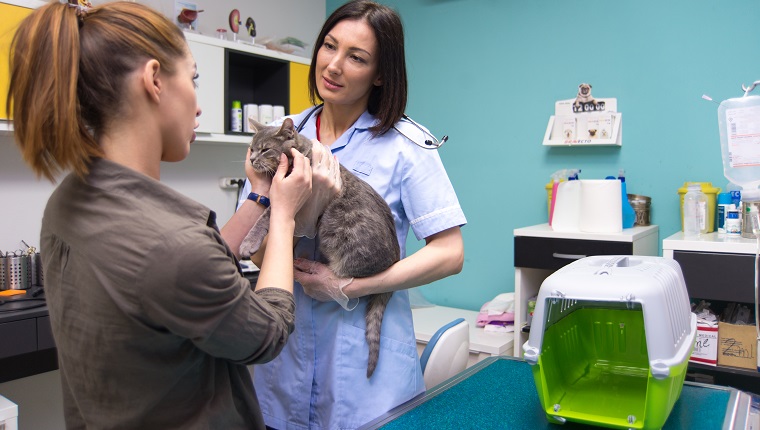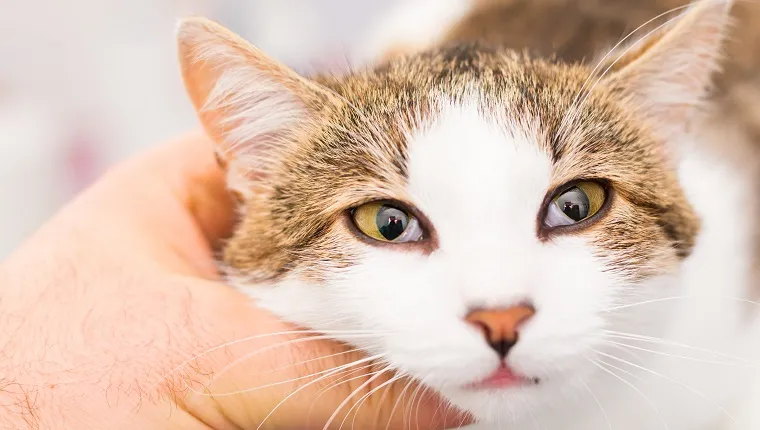Horner’s syndrome in cats, also sometimes referred to as droopy eye, is the name of a neurological disorder that usually affects a feline’s eyes and face muscles. It can produce a range of symptoms that include drooping eyes and shrunken looking eyes.
The condition can sometimes result from spinal or brain injuries; although in many cases, the precise cause of the condition remains unknown.
If you see the signs of a neurological disorder in your cat, then your must get to a veterinarian for a proper diagnosis and advice. Here’s what you should know about the symptoms, causes, and treatments for Horner’s syndrome in cats.
Symptoms Of Horner’s Syndrome In Cats
Symptoms of Horner’s syndrome in cats usually affect the eyes and facial muscles. Some of the common symptoms include:
- Drooping upper eyelids
- Eyes looking like they are shrunken
- Ear inflammation
- Emergence of a third eyelid
- Pupils seeming smaller than usual
Causes Of Horner’s Syndrome In Cats

It is estimated that around half of the cases of Horner’s syndrome in cats are classified as being idiopathic, which means that there is no known cause behind the condition.
In other cases, some of the most frequent causes include:
- Brain injuries
- Spinal injuries
- Infections
- Brain tumors
Veterinary Treatments
If you suspect that your cat is developing Horner’s syndrome, your veterinarian will want to do a physical examination of your cat along with taking blood and urine samples.
Your vet will also ask detailed questions about your cat’s recent history to try and figure out if they have suffered any traumas or injuries that could have brought on the condition.
Vets will likely use radiographic techniques, including MRIs and X-rays, to diagnose a cat.
When it comes to treatment, the main tactic is to target the underlying condition. If there is an infection involved, there’s a chance that a vet will prescribe a course of medication or antibiotics.
As ever, if your vet prescribes your cat any medication, then it is vital that you stick to the precise dosage and administration instructions and complete the entire course of medicine.
In many cases, vets recommend eye medication and lubricants to help alleviate any immediate eye pain or issues.
Does your cat suffer from Horner’s syndrome? How are you and your vet treating your kitty? Let us know in the comments section below.









